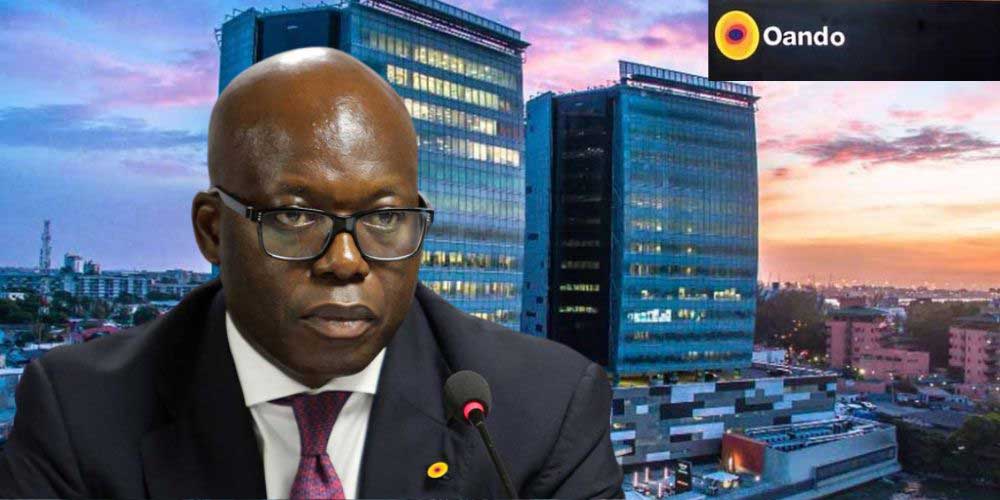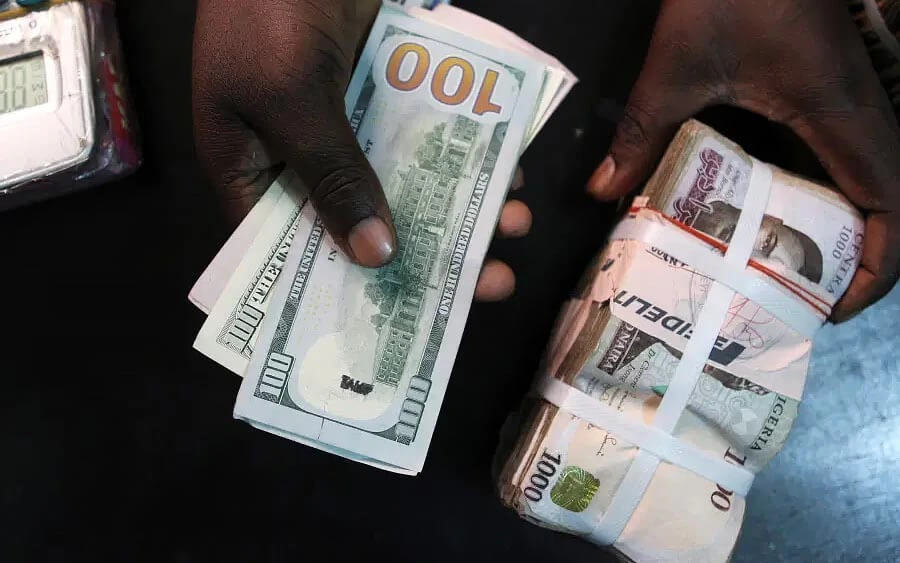Subsidy Removal: We Have Reclaimed 5% Of Nigeria’s GDP Lost To Inefficiencies – Edun

The Federal Government has said that the removal of the petrol subsidy by President Bola Tinubu on May 29, 2023, has assisted in reclaiming about five per cent of Nigeria’s Gross Domestic Product that was lost to inefficiencies and wastages.
The Minister of Finance and Coordinating Minister for the Economy, Mr Wale Edun, said this during a courtesy visit by Carlos Conde, Head of the Middle East and Africa Division at the OECD.
Discussions centered on Nigeria’s economic priorities, including capital market development, regional integration, curbing illicit financial flows, sustainable finance, and investment in human capital.
For years, the Nigerian government subsidized fuel prices, allowing it to sell petrol to Nigerians at a price below the cost of production and import.
In May 2023, President Tinubu announced the end of fuel subsidies, a decision that was met with both support and
The removal of subsidies led to a sharp rise in petrol prices, which in turn caused a surge in transportation costs, increased food prices, and a general rise in the cost of living.
The government cited the unsustainable cost of the fuel subsidy as the main reason for its removal, arguing that the funds could be better used for infrastructure, healthcare, and education.
The fuel subsidy removal was a controversial decision, with some arguing that it disproportionately affected low-income individuals and businesses.
The removal of fuel subsidies led to protests across the country, with citizens expressing their concerns about the impact on their livelihoods.
The government had stated that the removal of fuel subsidies is a necessary step towards economic reform and that it was committed to implementing measures to mitigate the negative impact on vulnerable populations.
During the meeting with the OECD officials, the finance minister also acknowledged the progress made under President Bola Tinubu’s administration in stabilizing the economy through bold policy reforms.
He pointed to key initiatives, such as the removal of wasteful subsidies and the adoption of market-driven pricing mechanisms for petroleum products and foreign exchange.
These measures, he noted, have reclaimed five per cent of the country’s GDP previously lost to inefficiencies and set the stage for increased foreign direct investments.
Meanwhile, the Federal Ministry of Finance has forged a strategic alliance with the Organisation for Economic Co-operation and Development (OECD) to combat illicit financial flows and strengthen Nigeria’s economic growth framework.
This collaboration marks a significant step in strengthening the country’s financial framework and reinforcing global partnerships for economic growth.
The agreement highlights OECD’s increasing engagement in Africa, particularly through partnerships with the African Union, regional economic blocs, and direct country-level initiatives, identifying Nigeria as a key player in West Africa.
According to a statement shared on the Ministry of Finance’s official X (formerly Twitter) account and seen by THE WHISTLER, the OECD outlined its technical support offerings to Nigeria, which include assistance in governance reforms, digitalization, and statistical system enhancements.
The organization reaffirmed its commitment to supporting Nigeria in establishing harmonized data systems that will improve economic planning, enhance transparency, and attract foreign investments.
Edun welcomed the partnership, emphasizing its potential to drive critical reforms, curb financial leakages, and create opportunities for Nigerian youth.
He highlighted the importance of reliable economic data in shaping policies that encourage sustainable investments and ensure long-term economic stability.
The collaboration is expected to enhance Nigeria’s capacity to monitor and address illicit financial flows, a challenge that has long hindered economic progress.
With the OECD partnership now in place, Nigeria is poised to leverage global best practices to strengthen its economic governance, improve financial integrity, and create a more competitive investment environment.
The collaboration is expected to yield long-term benefits, positioning Nigeria as a leader in regional economic integration and financial transparency.
Subsidy Removal: We Have Reclaimed 5% Of Nigeria’s GDP Lost To Inefficiencies – Edun is first published on The Whistler Newspaper




